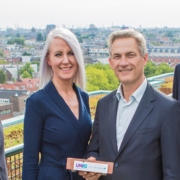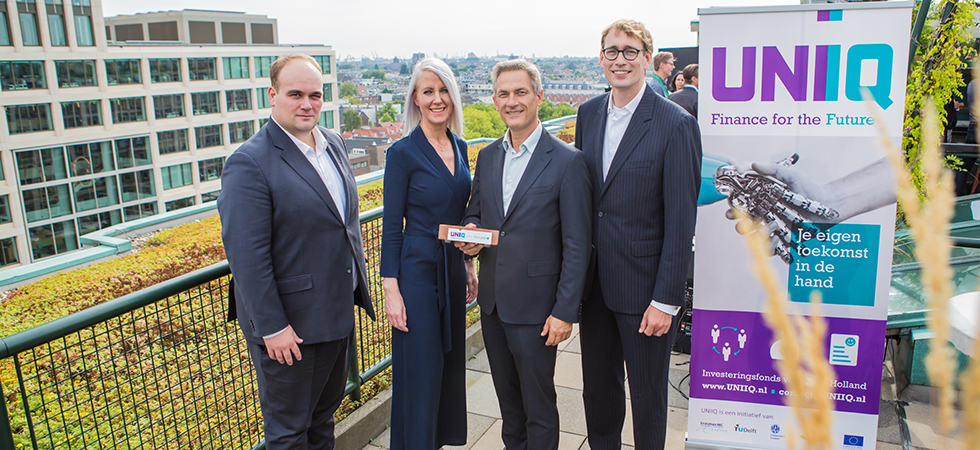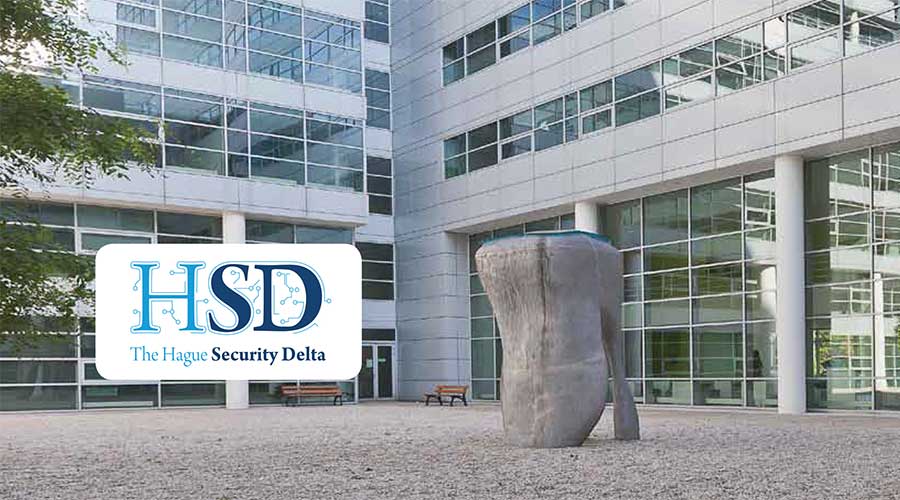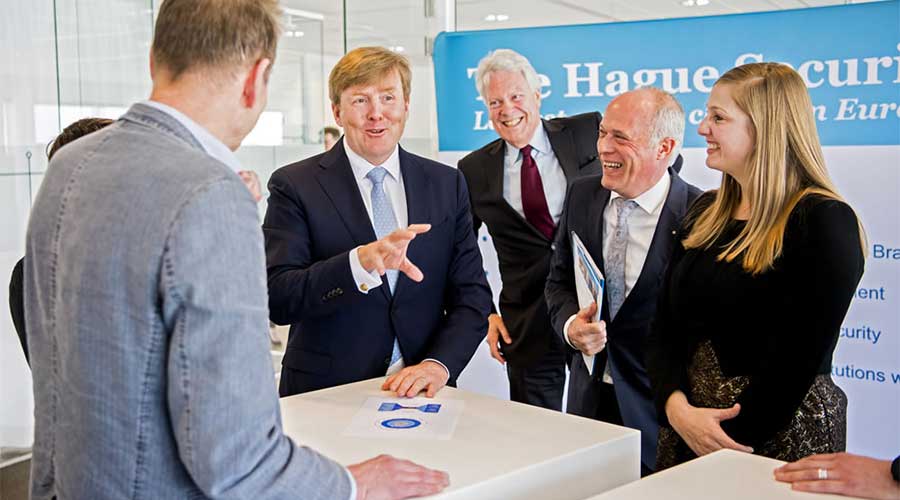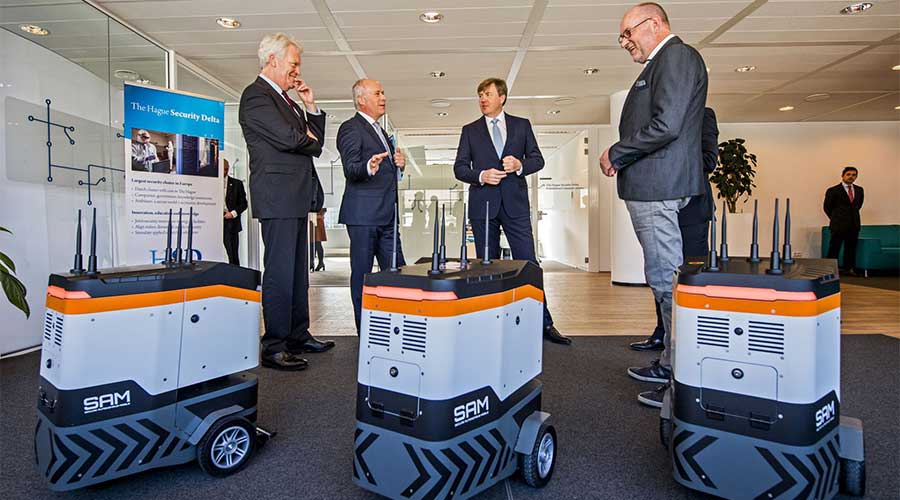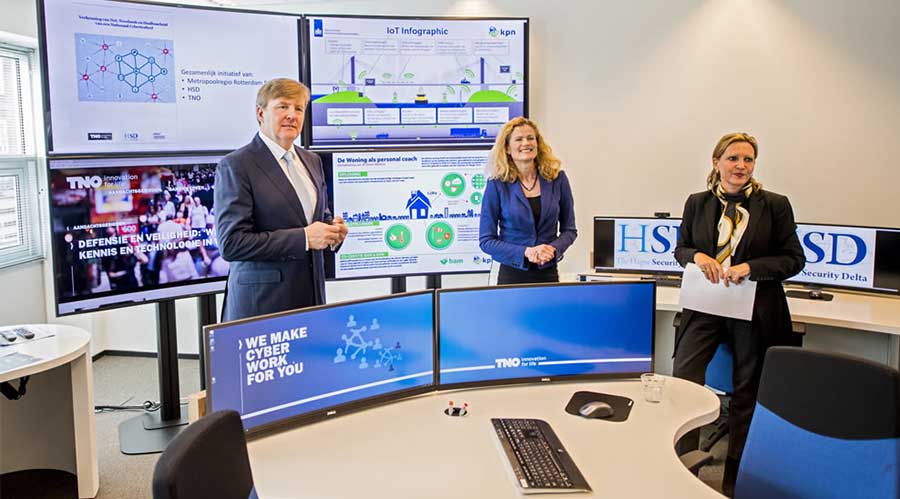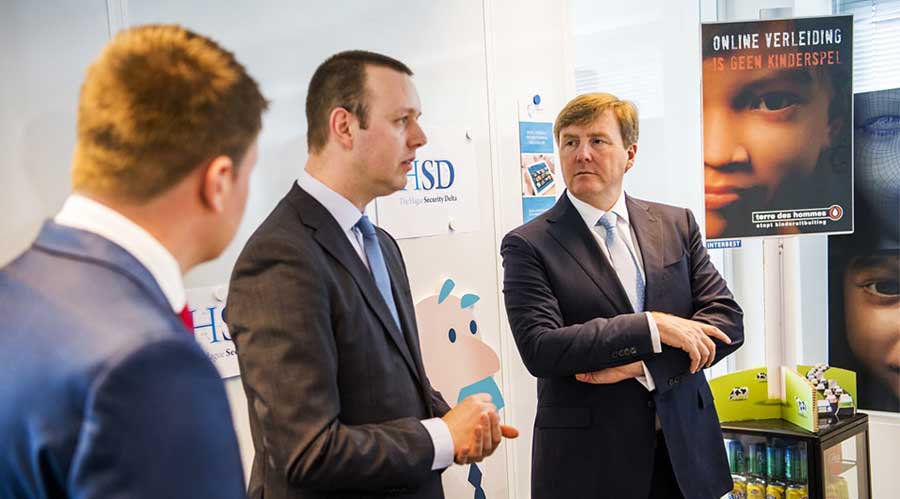Invest-NL and Rotterdam Energy Transition Fund are jointly investing €15 million in Umincorp (Urban Mining Corporation) to finance the construction of a new rPET plant in Rotterdam. The factory marks Umincorp’s next step in recycling plastic from household waste. InnovationQuarter acts as the fund manager of Rotterdam Energy Transition Fund.

Umincorp reprocesses post-consumer plastic waste into high-grade resources for producers of plastic products such as packaging. This reduces their use of fossil fuel plastics, enabling them to reach their recycling goals. The biggest bottleneck when recycling household waste plastic involves sorting the different plastic materials. To overcome this, Umincorp is using both existing methods and its own proprietary scientific processes, with magnetic density separation (MDS) being the most important.
By applying a specially engineered magnetic liquid to separate materials, MDS allows for a significantly higher volume of reprocessed plastic than conventional sorting and recycling techniques. This increase in recovery rate is key for meeting European recycling goals. The precise MDS process also ensures reprocessed plastic has a higher end-quality, making it more suitable as a resource for high-quality plastic products.
Umincorp’s process reduces the harmful incineration of plastics and increases the functional reprocessing of household waste plastic. The process can even deal with difficult to recycle multi-layer PET trays, which comprise several thin layers of different materials. The new rPET plant will allow for a closed-loop resource cycle, from plastic product to refuse to resource. Plastic producers increasingly demand recycled plastic to reduce the unnecessary use of fossil fuels. Umincorp will be able to respond effectively thanks to its new factory, resulting in an annual decrease in CO2-equivalent emissions of a staggering 30,000 tonnes.
Jaap Vandehoek, CEO and co-founder of Umincorp: “Our technology has proved to be a disruptive force, creating new opportunities in the recycling market. We show that things can be done differently. Upscaling our business means we will be able to increase our impact and make crucial contributions to the way we recycle. This investment shows confidence in our approach to recycling plastic and will help us grow as we expand our business in both the Netherlands and abroad.”
Rotterdam boosts circularity
Rotterdam wants to accelerate its transition to a circular economy by transforming waste into new resources and Umincorp aims to be a frontrunner in the field of circular plastics. With its factory, Umincorp is taking the next step in recycling household waste plastic, making the company an excellent fit with Rotterdam Energy Transition Fund’s strategy and circular goals. There will also be considerable economic gain as the factory will help to boost business and create new jobs.
Arno Bonte, Rotterdam city councillor for sustainability: “Every year, millions of tonnes of plastic disappear into incinerators, which is a terrible shame. That is why as a municipality we are proud to invest in this recycling plant. With high-grade recycling, we reduce plastic waste and save thousands of tonnes of CO2. This helps us achieve our climate targets and build a circular economy in Rotterdam.”
Wouter Bos, Invest-NL CEO: “Contributing to a circular economy and minimising resource usage is one of our most important goals. By investing in Umincorp, we are expressing confidence in the role of innovative technology in helping to improve the recycling process while realising additional environmental gains by considerably decreasing carbon emissions.”
Invest-NL is investing €9 million provided under the EIB InnovFin SME Guarantee.
In addition to the financial investment, InnovationQuarter – acting as fund manager of Rotterdam Energy Transition Fund – will offer broad support to Umincorp’s management team.
Rafael Koene, fund manager of Rotterdam Energy Transition Fund: “Umincorp’s innovations and the construction of its new rPET plant constitute important contributions to the circular economy in the Rotterdam region. These developments will reduce the incineration of plastics and create a closed-loop resource cycle, resulting in a significant reduction of CO2 emissions. Umincorp therefore fits perfectly with the strategy and goals of the Energy Transition Fund: reducing carbon emissions and minimising resource usage.”


